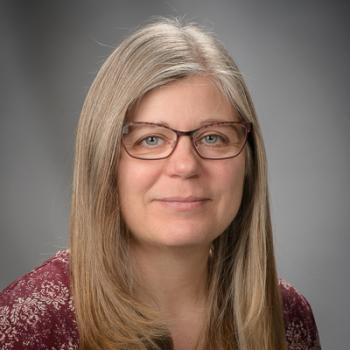Biography
Roser Matamala received her M.Sc. and Ph.D. in Biological Sciences from University of Barcelona, Spain, and was a Research Associate at Duke University before coming to Argonne in 2000. Currently, she is a Scientist at Argonne and a Fellow at the Northwestern-Argonne Institute of Science and Engineering and at the UChicago Consortium for Advanced Science and Engineering.
Roser is an ecologist and biogeochemist who studies the carbon, water, and energy cycles at the ecosystem level and the changes occurring due to human factors, such as land-use and global climate changes. She is particularly focused on understanding belowground systems ̶ i.e. the interactions between plants, soil, and microbes. She uses field chronosequences (space for time substitutions), manipulative climate change experiments, laboratory experiments, eddy covariance monitoring, spectroscopy, and stable isotope integrators.
She is an investigator for many Department of Energy, Office of Science, Biological and Environmental Research projects. Since 2011, she has been characterizing and mapping tundra soil organic carbon stocks in the Arctic and using mid-infrared spectroscopy as a tool for quickly predicting soil properties and the vulnerability of soil carbon to decomposition in this region. Currently, Roser is also studying climate adaptation and sustainability of bioenergy crops across continental scale environmental gradients. In addition, Roser is developing new sensors for detecting changes in roots and soil moisture funded by ARPA.E and NSF.
She has published over 50 articles in scientific journals, book chapters and scientific reports. Her research is contributing to a better understanding of the importance of carbon in soils under wetlands, forests, grasslands, cropping systems, and arctic tundra.
